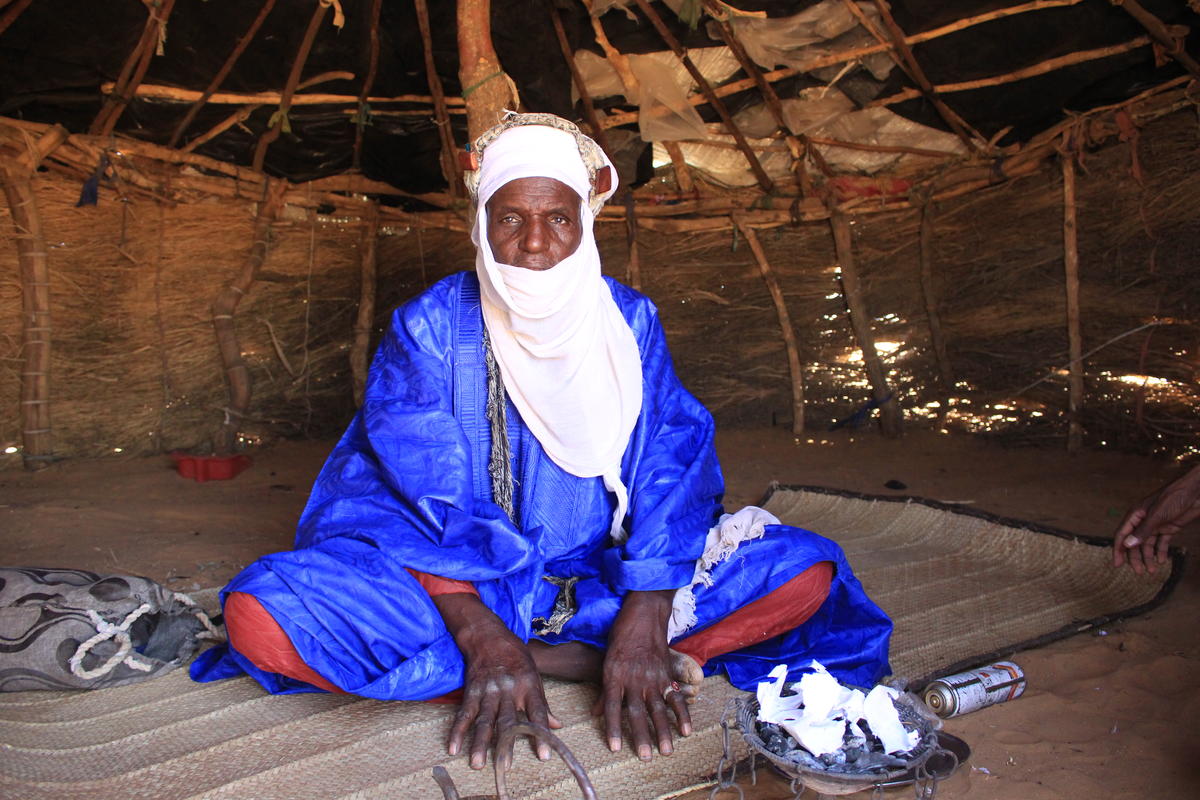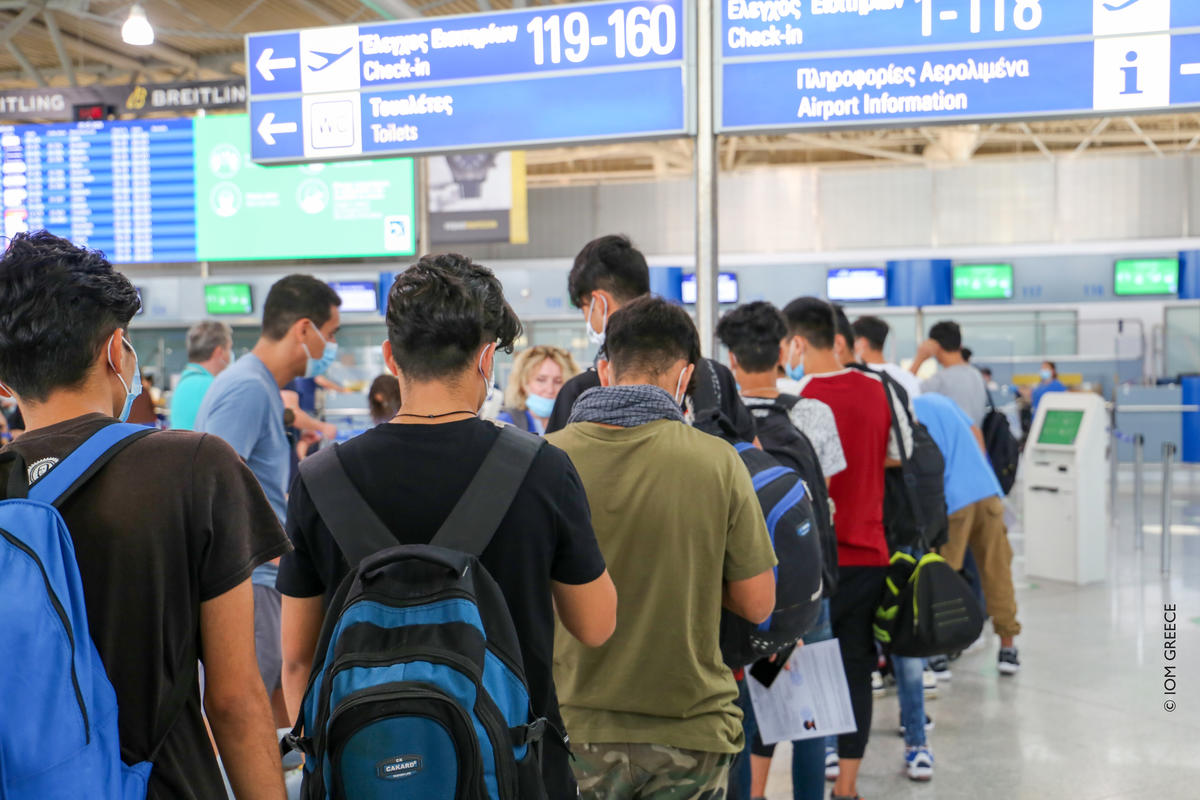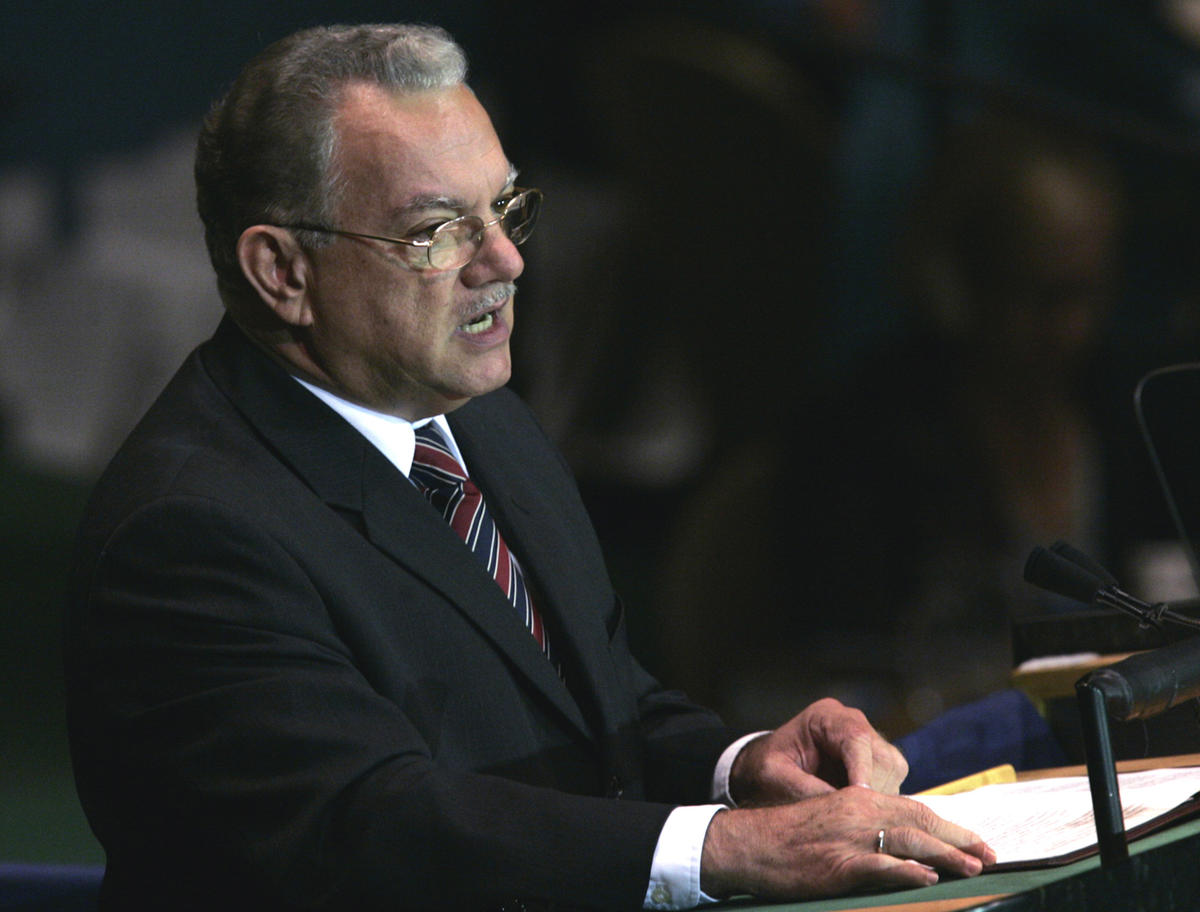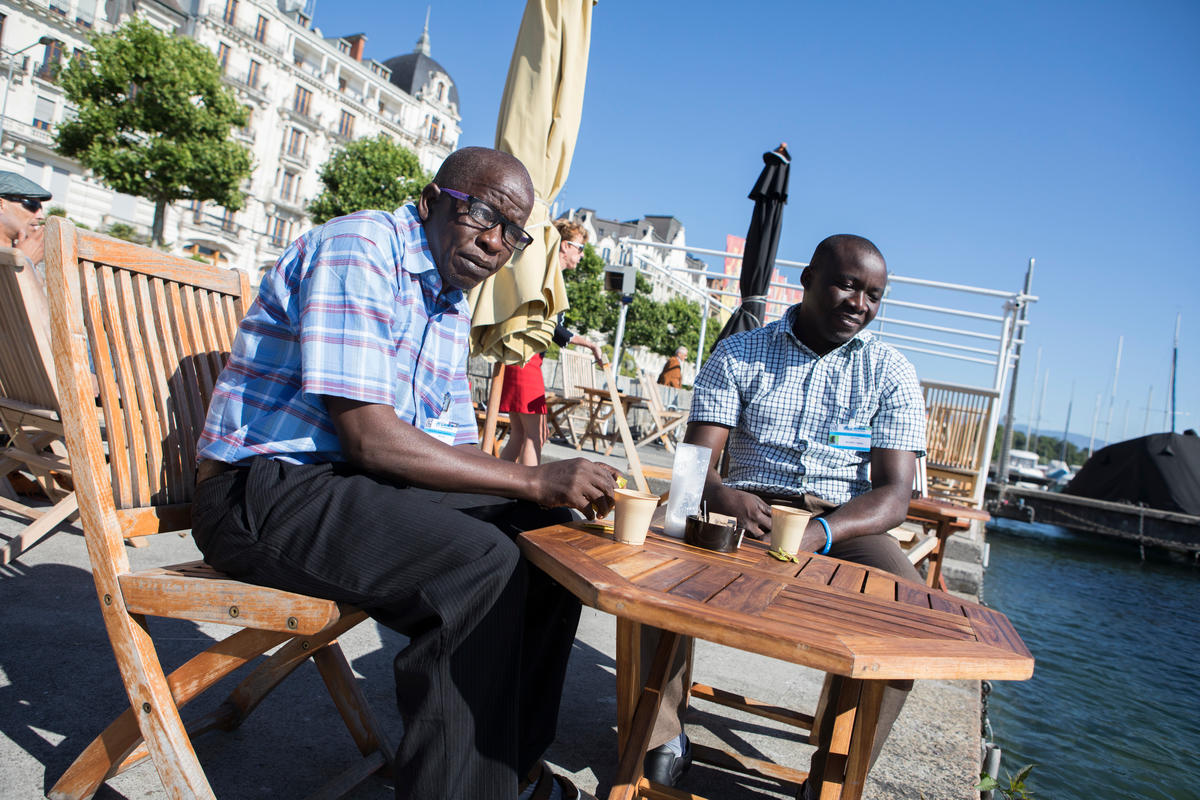Q&A: Why UNHCR cares about migration flows
Q&A: Why UNHCR cares about migration flows

GENEVA, December 14 (UNHCR) - Assistant High Commissioner for Protection Erika Feller spoke recently to Senior Public Information Officer William Spindler about the challenges UNHCR faces in ensuring protection for refugees travelling in mixed migration flows. Excerpts from the interview:
Why is UNHCR getting involved in mixed migration matters?
It's really important for UNHCR to play a role in relation to the management of mixed migration situations by states, because it will be to the detriment of refugee protection if we don't. Our experience has been that mixed migrations, because they involve people coming for a whole range of reasons, tend to be treated as a migration issue - particularly an illegal migration issue - and not as an issue which also entails protection concerns and involves people with protection needs. Our involvement is designed to make some space in the broader management of this problem, some space for protection. UNHCR's role is also to allow the needs to be identified, allow the needs to be responded to through protection-based solutions, not through migration control mechanisms.
Most of the migration flow is from poor to rich countries, though there are also migrations from south-south. The rich countries react by putting up barriers. How can UNHCR ensure that genuine refugees get access to asylum?
I think the qualification that you made to your own question is very important. There's a misperception that mixed migration is only a south-north problem. It's as much, and increasingly, a south-south issue as it is a south-north issue. Countries generally, be they rich or be they less rich, tend to respond through control mechanisms which create obstacles to crossing borders. This is not least provoked by the fact that we are living in an age of transnational crime, we are living in an age marked, or scarred, by a huge fear of terrorism and so states generally are very, very wary about people turning up at borders and seeking entry without proper documents.
The result has been, either intentionally or unintentionally, a plethora of controls which tend to keep people out, rather than to filter entry so that those who should be kept out are kept out and those who should enter - for protection reasons - are allowed in. UNHCR's efforts are to ensure that this filter functions properly, that people who arrive are looked at in a responsible and a humane manner. We also work to ensure that their needs are reflected upon and states accept the appropriate responsibilities in relation to this group, including to respect the principle of non-refoulement (forced return).
UNHCR's role is a catalyst. Our role is to help states put in place protection-sensitive responses to mixed migration. We're also an actor, in so far as states want us to be. It's in this context that we've put on the table the 10-point plan, which endeavours to show where are the main areas of management that would benefit from the expertise and experience UNHCR has to offer - albeit always in a very broadly based partnership arrangement involving relevant states and other international organizations.
What do you say to people who claim UNHCR is expanding its mandate?
I say they are misinformed. Firstly, anything that we're doing in this area is not new. UNHCR has for many years been working in a capacity-building context to assist states to put in place protection-sensitive entry arrangements, to put in place asylum management tools such as a proper functioning refugee-status determination procedure. There's no magic in what we are proposing in this area. What we are trying to do is explain to states the relevance of these interventions, also to their broader management of the problem, not only their management of the asylum component of the problem.
Refugee numbers are relatively stable at the moment. We've seen an increase in refugees over recent months, not least because of situations such as Iraq. So it's inappropriate to assume that this is an effort by UNHCR to gain new clients. We've got enough clients on our hands when you think we have over 30 million people who are of concern to UNHCR and a very stretched budget to deal with them. We're certainly not looking to assume more people, we're merely trying to responsibly implement an obligatory mandate that's been conferred upon us by states and requires us to work with them to ensure that the protection needs of refugees and other persons of concern are able to be addressed within a framework which respects state responsibilities, sovereignty and national interest considerations.
What about transit countries such as Turkey and some North African states?
Transit countries are implicated, in spite of their own wishes no doubt, in this problem of irregular migration, particularly irregular migration towards Europe. They're implicated not least because many people arrive there and are unable to move on. If they can move on, quite often they are turned around and returned. So these countries end up having to manage part of this irregular migration problem on their own territory, not only as transit countries but as countries who have to deal with the problem regardless of the wishes of the individuals who may not wish to stay there. And so our 10-point plan is as relevant to the management by transit countries of this problem as it is to the management by destination countries of this problem.
What kind of response have you received from countries to the plan?
The 10-point plan is currently embraced very enthusiastically, I'm pleased to say. When it was initially put on the table it was approached with some caution, particularly by countries from which migrants originate from. The concern there, which I understand fully, was that UNHCR's involvement with the problem of mixed migration could inadvertently serve to redefine that problem from being a problem of migratory movement to a problem of refugee movement. So obviously countries of origin of migrants are very concerned lest it appear that the people who leave their countries are leaving for refugee reasons rather than migration reasons. With the publicity and the discussion which this plan has had to date - and indeed the increasing acceptance of it by a number of states - the caution has diminished by and large.
There are still questions out there.... Not all the questions have been answered, but the fears have dropped on the part of those who were nervous and the enthusiasm has increased on the part of those who are anyway inclined to accept it as a valuable contribution to broader international management of this problem.








